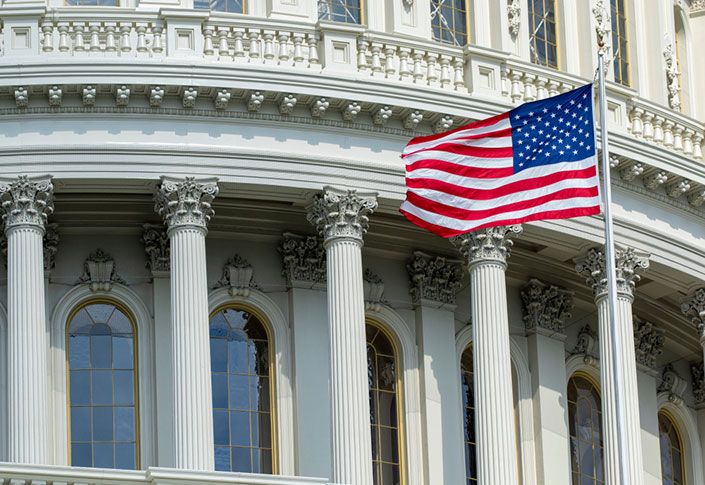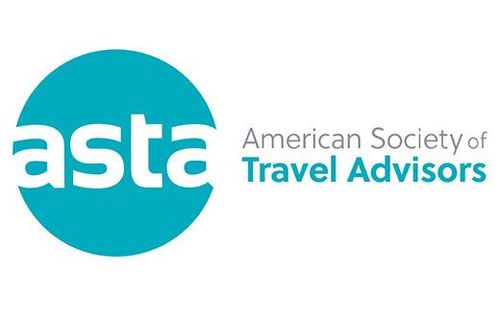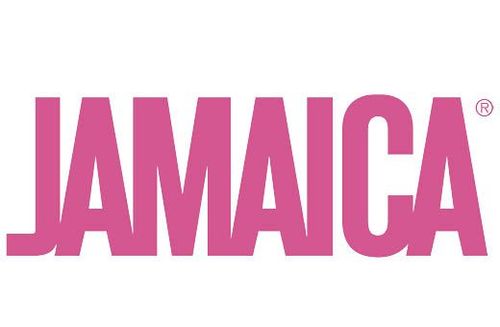Where travel agents earn, learn and save!
News / Congress Reaches Agreement on Massive Coronavirus Relief Package
$2 trillion coronavirus relief package

On March 25, Congressional leadership and the Trump Administration came to agreement and released the text of a massive $2 trillion coronavirus relief package, the Coronavirus Aid, Relief, and Economic Security (CARES) Act. While it is expected to pass both chambers of Congress and be signed into law by President Trump in the coming days, it is possible that additional changes might be made.
Among the provisions of the CARES Act that will provide relief to the travel agency industry, its employees and independent contractors (ICs):
Travel Agencies Eligible for Airline Economic Stabilization Loans ($25 billion)
Under the bill, the Treasury Secretary is authorized to make up to $25 billion in loans, loan guarantees and other investments in support of passenger airlines, “ticket agents” (the statutory term for travel agencies) and other related aviation businesses. The Treasury Secretary must consult with the Secretary of Transportation in allocating these funds. Once the bill is enacted, ASTA will work with the Treasury and Transportation Departments on the work necessary to implement this provision.
Small Business Interruption Loans/Paycheck Protection Program ($349 billion)
Under this new U.S. Small Business Administration (SBA) loan program, loans of up to $10 million will be available to U.S. businesses under the existing SBA size standards ($22 million in annual revenue) or with 500 or fewer employees. Independent contractors and the self-employed are eligible. There are no collateral or personal guaranty requirements for these loans. The portion of these loans that covers the business’ payroll, mortgage, rent or utility expenses from February 15 to June 30 may be eligible for forgiveness in whole or in part.
Economic Stabilization Loans for Severely Distressed Sectors ($425 billion)
Under the bill, the U.S. Treasury Department would be authorized to extend low- or no-interest loans and loan guarantees to U.S. businesses that incurred losses directly or indirectly as a result of coronavirus. This relief is only open to a “business that has not otherwise received adequate economic relief in the form of loans or loan guarantees provided under this Act,” indicating that businesses could not also apply for the new SBA program (see above).
Unemployment Benefits for the Self-Employed
The CARES Act would also provide up to 39 weeks of unemployment insurance benefits to people not otherwise eligible for regular unemployment compensation (including the self-employed and those who have exhausted their regular benefits). This was an ASTA priority given that there are currently around 40,000 independent contractors working in the industry, and their business income has seized up along with every other part of the industry, but these self-employed individuals typically do not have access to federal and state unemployment benefits, as laid-off W-2 employees do.
In the coming days, ASTA will be analyzing the entirety of the relief package for provisions impacting its members, and will explore key questions such as how the new SBA loan program interacts with the Administration’s existing Disaster Relief programs. We also plan to hold a member webinar on Friday, March 27 3 PM ET to provide members with a preliminary analysis.
ASTA will also monitor closely SBA and Treasury/Transportation Department announcements with regard to how they plan to distribute this relief. In the meantime, members are encouraged to stay tuned to ASTA.org and subscribe to ASTA’s Travel Advisor Daily newsletter for the latest information. Finally, given the scale of the crisis, ASTA expects Congress will consider additional relief legislation in the coming weeks and months and if so we will be heavily engaged to get members access to further relief.
For ore information, please visit asta.org
More Travel News:
Velas Resorts Magazine presents #bettertogether
Olympiad in Tokyo is Officially Postponed
Escape To Puerto Rico This Weekend, Virtually
Real ID rollout delayed











